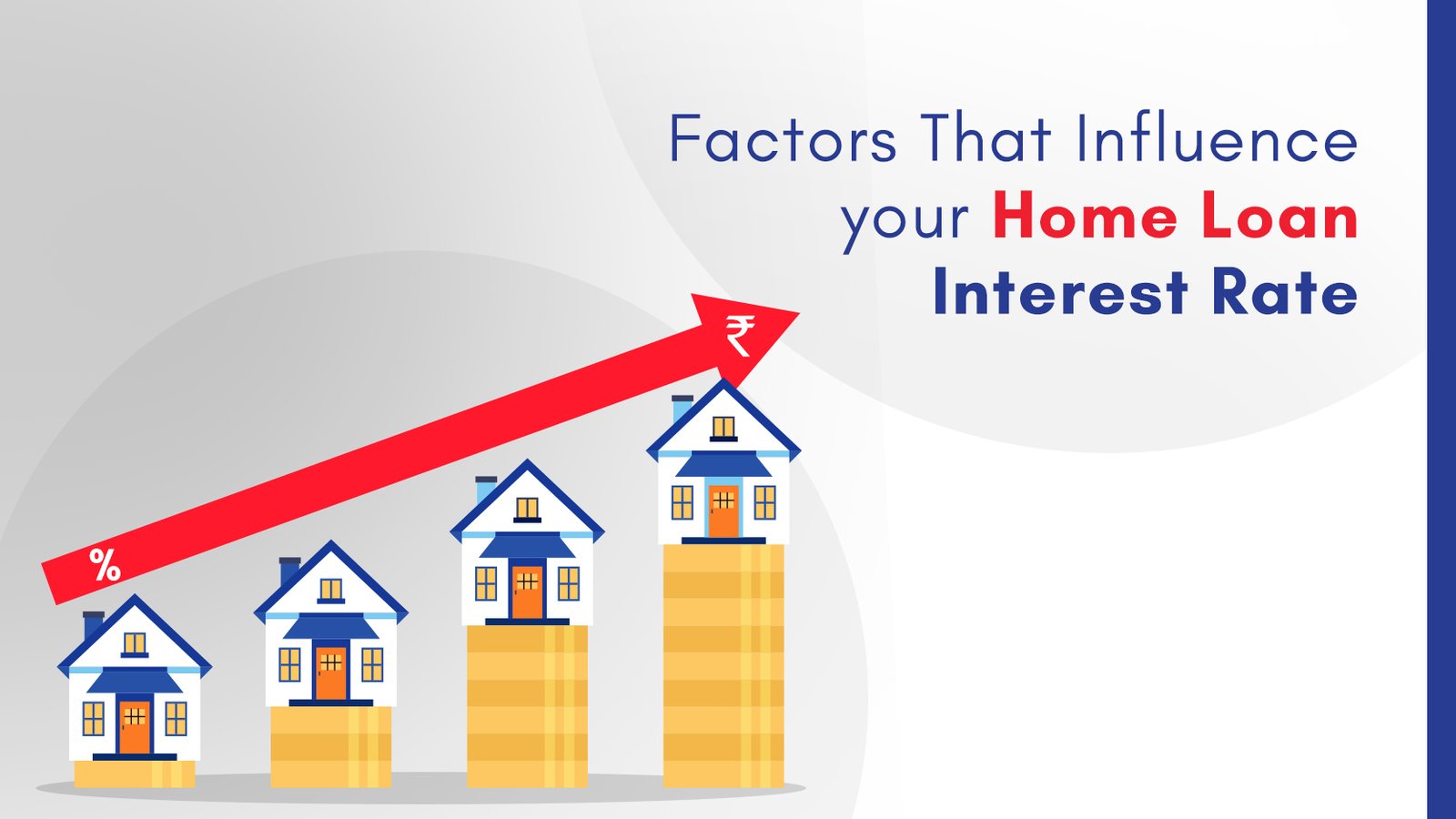Nowadays, the demand for housing in India has surged. This rise can be credited to various factors like reduced interest rates, improved living conditions, government support, and the wish of homebuyers to enhance their quality of life. Housing loans are a popular way for millions in India to fulfil their dream of owning a home. If you plan on taking a home loan shortly, it’s essential to consider all factors, including tax benefits.
Tax saving on home loan repayments can also lead to significant savings on your yearly tax liabilities. Let’s delve into the different tax advantages home loans offer and discover ways to optimise your tax savings effectively.
Understanding Income Tax Benefits on Home Loans
The Income Tax Act of 1961 provides several provisions for tax rebates on home loan online. Here are the three major areas where you can claim exemptions:
1. Section 80C: Deduction on Principal Repayment
Under this section, taxpayers can claim a maximum deduction of up to Rs. 1.5 lakh in a particular financial year for the principal repayment of their home loans. Additionally, associated costs of buying the property, such as stamp duty and registration charges, are also considered for this benefit.
2. Section 24: Deduction on Interest Payments
Taxpayers can claim up to Rs. 2 lakh deductions on their income tax liabilities for the interest payments on their home loans. To be eligible, the property’s construction must be completed within five years; otherwise, the savings potential reduces to just Rs. 30,000.
3. Section 80EE: Deduction on Interest for First-time Property Buyers
This section is applicable only if you have no other property in your name. You can avail extra benefits if the principal amount of your home loan is up to Rs. 35 lakhs and the property value with property loan emi calculator does not exceed Rs. 50 lakhs.
Furthermore, taxpayers can also seek a tax saving on home loans under Section 80EEA for affordable housing. This allows an additional Rs. 1.5 lakhs tax savings on home loan interest payments, alongside the benefits offered under Section 24. You can claim these deductions until you fully repay the home loan.
It’s important to note that most of these tax exemptions are applicable only after the construction of the property is complete. Ready-to-move properties, however, offer immediate benefits. Additionally, selling the property within five years of acquisition voids the claimed tax benefits, adding them to your taxable income during the next assessment.
Tax Benefits on Joint Home Loans
When two or more individuals take a home loan together, they are co-borrowers. Here are the tax benefits on joint home loans:
1. Deduction on Interest Payment
Each co-borrower can claim a deduction on the interest they pay on the home loan in proportion to their share in the loan. For example, if two co-borrowers take a home loan with a 50-50 share, each borrower can claim a deduction of 50% of the interest paid.
2. Deduction on Principal Repayment
Each co-borrower can also claim a deduction on the principal component of the home loan repayment in proportion to their share in the loan. For example, if two co-borrowers take a home loan with a 50-50 share, each borrower can claim a deduction of 50% of the principal repayment.
If the co-borrowers jointly own the property, they can claim deductions on the house loan interest rates and principal components based on their share in the property.
It’s important to note that the tax benefits on joint home loans are available only if the co-borrowers are co-owners of the property and meet the conditions specified by the tax laws.
Differences in Home Loan Tax Deductions under Old and New Regimes
The Union Budget 2020 introduced a proposed tax regime with lower tax slab rates, eliminating many existing exemptions and tax-saving provisions. Under the new regime, taxpayers servicing home loans for self-occupied properties can no longer claim income tax benefits on interest payments under Section 24 of the ITA, reducing their tax-saving potential by up to Rs. 2 lakhs.
However, tax rebates on house loan interest rates would still apply to individuals who rent out the property. These people can still avail of benefits based on the standard deduction of 30% of net rental income and claim home loan tax benefits on the interest liabilities, as per Section 24b of the Income Tax Act.
Conclusion
Understanding the income tax benefits on home loans can lead to substantial savings for individuals. By exploring the various provisions under Sections 80C, 24, and 80EE and considering joint home loans, you can maximise your tax savings effectively.
Whether you choose the old or new tax regime, knowing these deductions will help you make informed decisions and plan your finances wisely.
